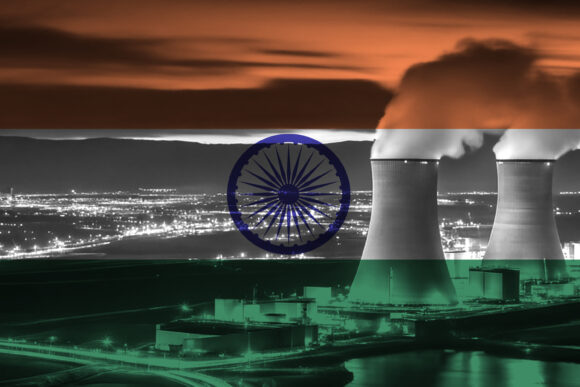
Two official sources said that India has planned to set up a nuclear responsibility fund to cover the crash compensation by plants operators for more than Rs 15 billion ($ 169 million), which is trying to reduce the risk of risking global suppliers and private companies.
The move has the potential to unlock the long -standing private and foreign investment in the nuclear industry, aligning India’s compensation framework with global principles, adding that the sources are directly aware of the matter.
Sources said that after a change from the existing ad hoc payment system, a new nuclear energy bill proposed by the legal fund will fulfill the operator’s closed responsibility, which tried not to disclose its name because the project has not been publicly publicly.
One source said, “The fund has sought to strengthen the government’s ability to compensate the victims in the event of an accident.”
India’s Atom Energy Department, the Prime Minister’s Office and the Ministry of Finance did not respond to the commentary requests.
India, which plans to increase the capacity of nuclear electricity by 2047, is providing a decades -old state monopoly and strict responsibility to provide comfort to the rules to liberate private participation and attract foreign suppliers of technology.
Some of the major parties in the South Asian country, such as Tata Power, Adani Power and Reliance Industries, have begun preparations for investment projects.
Sources said that Prime Minister Narendra Modi’s government is in the final stages of legislation presented at the Winter Meeting of Parliament in December.
It aims to attract private companies to the fields of nuclear energy production and uranium mining, and foreign players are putting minority stake in nuclear power plants.
It wants to reduce the laws of nuclear responsibility by eliminating the supply of suppliers for the unlimited responsibility of accidents. The planned fund will provide a clear legal procedure to financing more than the operator’s cap.
For insurance coverage against nuclear accidents, India now relies on nuclear insurance pool, which has been launched in 2015 but is not included in the law.
Although the 2010 legislation is designed to support the responsibility of the operator and supplier, it failed to overcome the precautions of foreign firms in countries like France and the United States.
Once passed, the New Bill will replace civil responsibility for the 1962 Atom Energy Act and the 2010 nuclear loss act.
($ 1 = 88.7280 rupees)
(Reporting by Sarita Chaganati Singh; Clause Fernandez Amendment)
